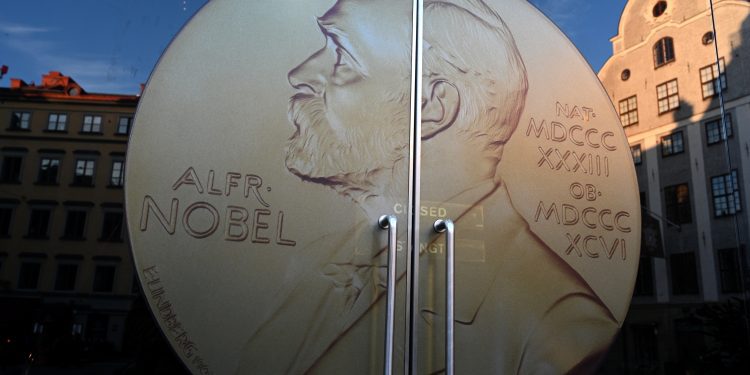Joel Mokyr, Philippe Aghion and Peter Howitt won the Nobel memorial prize in economics Monday for “having explained innovation-driven economic growth,” including the key principle of creative destruction.
The winners represent contrasting but complementary approaches to economics. Mokyr is an economic historian who delved into long-term trends using historical sources, while Howitt and Aghion relied on mathematics to explain how creative destruction works.
Dutch-born Mokyr, 79, is from Northwestern University; Aghion, 69, from the Collège de France and the London School of Economics; and Canadian-born Howitt, 79, from Brown University.
Aghion said he was shocked by the honor. “I can’t find the words to express what I feel,” he said by phone to the press conference in Stockholm. He said he would invest his prize money in his research laboratory.
Asked about current trade wars and protectionism in the world, Aghion said: “I am not welcoming the protectionist way in the US. That is not good for… world growth and innovation.”
The winners were credited with better explaining and quantifying “creative destruction,” a key concept in economics that refers to the process in which beneficial innovations replace – and thus destroy – older technologies and businesses. The concept is usually associated with economist Joseph Schumpeter, who outlined it in his 1942 book “Capitalism, Socialism and Democracy.”
The Nobel committee said Mokyr “demonstrated that if innovations are to succeed one another in a self-generating process, we not only need to know that something works, but we also need to have scientific explanations for why.”
Read the full article by AP












